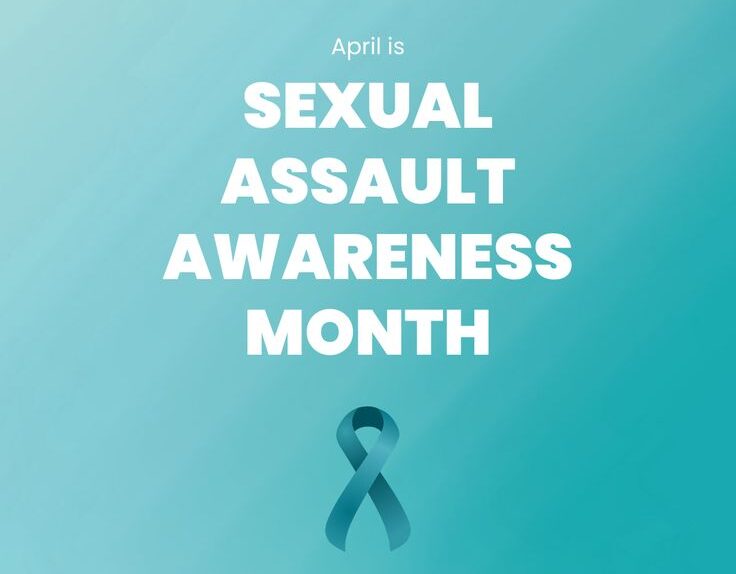How do I stop masturbating?
Q. I’m a 26-year-old single individual in need of help. I suffer from an addiction to masturbation. I have tried many times to stop but I find myself going


Q. I’m a 26-year-old single individual in need of help. I suffer from an addiction to masturbation. I have tried many times to stop but I find myself going back to it. Is something wrong with me? How do I stop this cycle once and for all? Kindly help because I feel like a failure.
Worried
A. Masturbation is considered a process addiction as opposed to other addictions such as drugs or alcohol, which are considered as substance addictions. Masturbation becomes addictive due to the fact that an orgasm decreases cortisol levels (the stress hormone) and increases the oxytocin hormone levels (the feel-good hormone), which can help lower anxiety, aggression and other negative feelings. Over time, your body identifies stress relief with the release of the feel-good hormones hence masturbation becomes its go-to self-medicating process, eventually forming a habit.
Masturbation is a tricky topic as it is shrouded in taboo, yet believe it or not, a lot of people deal with the issue everyday albeit in different ways. A 2015 research by Time Out New York revealed that in the US, 39 per cent of people masturbate at the workplace with some experts even pushing for a ‘masturbation break’ work policy. According to proponents, masturbation is seen to be healthy as long as it does not become compulsive, that is, addictive. Most mainstream religions are not as liberal, which often times leads to feelings of shame, guilt and failure on the addict’s part.
In order to break the cycle you need to:
Identify what triggers your episodes: Is it when you are stressed, anxious or bored? Do you have other pent-up issues you are dealing with such as sexual frustration or loneliness? Self-awareness is the first step towards recovery as you will be able to seek solutions to the underlying problem.
Create rules and avoid the familiar as well: If, for instance, certain images or videos create the need to masturbate, then filter them out of your surroundings. Are they easily available online or on TV? Pull the plug. Are they triggered by certain conversations with certain people? Then steer clear of them or cut back time spent with them.
Don’t go cold turkey: A lot of times people think sheer willpower is enough to stop an addiction. While it works in some cases, often times, one needs to replace undesirable habits with desirable ones so as to seal the ‘loophole’. So if you are suffering from boredom or sexual frustration, then you need to start getting busy. If you are anxious, then you need to find a better way of dealing with the anxiety. If you are lonely, then consider expanding your social circles and spend more time outdoors.
Speak to an expert: If you are having a hard time identifying your triggers, then seek counselling from a professional who can help you come to terms with your issues. Some triggers may be beyond the scope mentioned here such as when anxiety or depression is concerned. There could be more deep-seated issues you may need to deal with. If you are religious, then speak to your spiritual elder who will offer guidance in accordance with your faith.
Seek an accountability partner: Talk to a trusted friend or find a support group – basically someone who you trust and who can hold you accountable to your decision.
Do not give up: Often times, a relapse can cause feelings of guilt shame and failure. Remember; addiction is a process and so is healing. Stay positive; half the battle is won with the right mental attitude towards your healing process.
Published in February 2017





